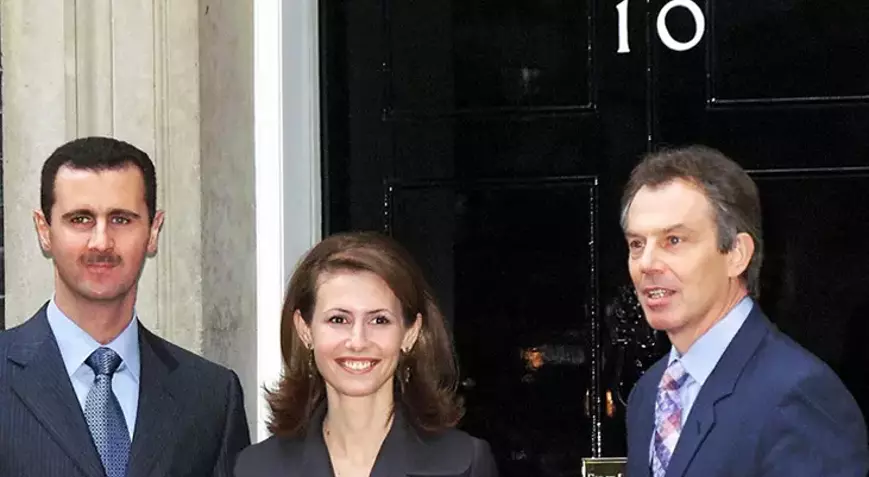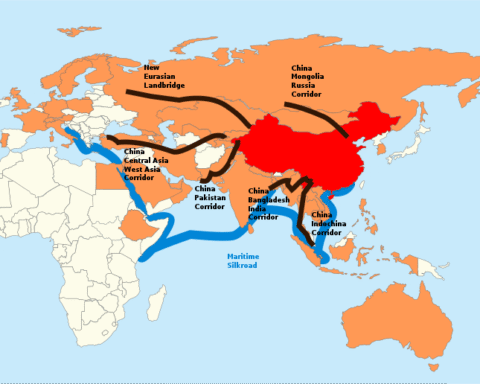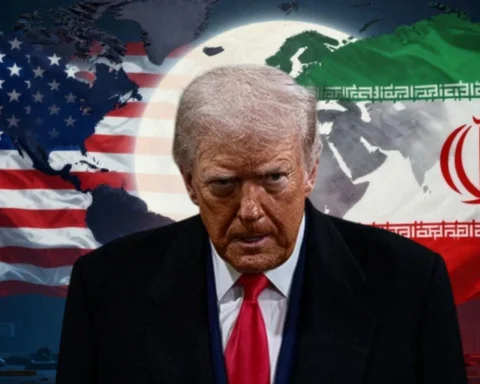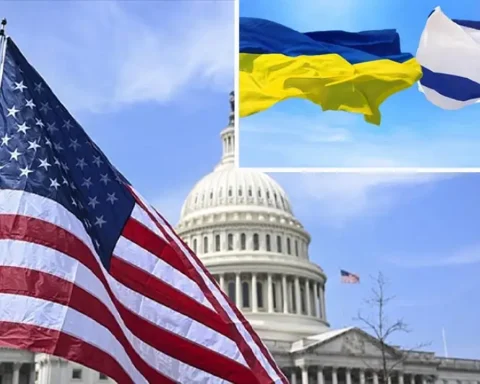Former British Prime Minister, Tony Blair, offered to help Syria’s late President, Hafez Al-Assad, grooms his son, Bashar, to inherit the presidency, newly-released British documentsreveal.
The documents, which I obtained from the UK Cabinet Office through a Freedom of Information request, also disclose that shortly after Bashar assumed power, King Abdullah of Jordan reassured British officials that Bashar had successfully “transformed the atmosphere” around him and “swept aside” old guard figures.
In early 1994, following the death of his elder son, Bassel, Hafez’s initial heir, Hafez begangrooming Bashar as his successor. Bassel, a military officer, had been killed in a car accident. Bashar was recalled from the UK, where he had been training as an ophthalmologist. He joined Syria’s military academy and, by 1998, was managing Syria’s military and politicalpresence in Lebanon.
In June 1999, Blair extended an invitation for Bashar to visit the UK “in any capacity he chooses”. The offer was made through Lord Levy, Blair’s personal envoy to the Middle East, during a meeting with Hafez in Damascus.
In a report to British Foreign Office about the meeting, Basil Stephen Eastwood, the British ambassador to Syria, noted that Lord Levy conveyed Blair’s invitation for Bashar to visit theUK “on any basis chosen by the Syrian side”, adding that this “could be formal or informal”.
In addition to his role as the head of anti-corruption campaign in Syria, Bashar was appointedas chairman of the Syrian Computer Society, which was responsible for dealing withproblems of potential computer errors related to the formatting and storage of calendar data for dates in and after the year 2000, which was globally known as Y2K. Given this role, thevisit was proposed to focus on technology issues. However, British officials were open thatthe visit “could be built entirely to suit Dr Bashar”.
Hafez Al-Assad “was very appreciative” of the invitation, according to the British ambassador. The ambassador commented that Bashar had a “special attachment to the UK and had wanted to continue his studies there for a further two years”. Eastwood also expectedthat Hafez would encourage his son to respond to the invitation.
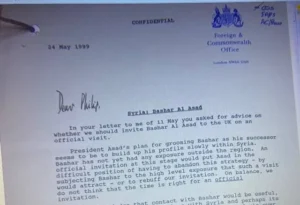
After his talks with Hafez, Lord Levy has asked “delicately” whether it would possible forhim to meet Bashar but he “didn’t receive response”.
Before Lord Levy’s visit to Syria, Blair’s office expressed “content” with a FCO” s suggestion that the Lord should explore with President Hafez “the possibility of our offering Bashar some discreet contact”. The office also asked the FCO” s advice on whether Bashar should be invited to visit the UK officially. But the Foreign Secretary office was reluctant, arguing that the time was not right for an official visit, fearing it would conflict with Hafez’s strategy of gradually building Bashar’s profile domestically. President Assad’s plan for grooming Bashar as his successor “seems to be to build up his profile slowly within Syria”, Sherard Cowper-Coles, principal Private Secretary of the Foreign Secretary said in a note toPhilip Barton, Blair’s Private Secretary.
Cowper-Coles noted that Bashar had not yet had any exposure outside the region, adding thatan official invitation to him at that stage “would put Assad (the father) in the difficult position of having to abandon this strategy” due to the high level exposure that such visit would attract. He warned that this could lead to “rebuff of our invitation” to Bashar. The FCO concluded that “on balance, we don’t think that the time is right for an official invitation”.
However, the FCO advised that there should be contact with Bashar, judging that it would be “useful”, not only with regard of relation with Syria and “perhaps its future president” but also for British “influence” with Syria over the Middle East Peace Process (MEPP).
Instead of extending an official visit, FCO suggested “exploring the options of offering Bashar some discreet contact” when he was next in the UK. They proposed more low-profile contact at a junior ministerial or trade-related level, expecting a visit related to Y2K issuewould fit Bashar’s own interests.
Despite recommending Blair to ask Lord Levy to explore this option further with President Hafez, the Prime Minister instructed Levy to offer Bashar an official visit.
One year after their meeting in Damascus, Hafez died on 10 June, 2000. Hours after his death, the Syria People’s Assembly approved a constitutional amendment lowering the minimum age for the president from 40 to 34, Bashar’s age at the time. Eight days later, Bashar wasappointed Secretary-General of the ruling Baath Party, which nominated him as its candidate for the presidency. On 10 July, the SPA approved the nomination and Bashar was elected, unopposed, to a seven-year presidential term.
Nine days after he took office, King Abdullah of Jordan praised the new President’s start. After meeting Bashar in Damascus, the King told Edward Chaplin, the British ambassador, he felt “encouraged” by the Bashar’s “skilful handling of old guard”. Abdullah judged that theatmosphere around Bashar “had been transformed”, adding that “even the old guard figures in his entourage were swept along by Bashar’s energy and new ideas”.
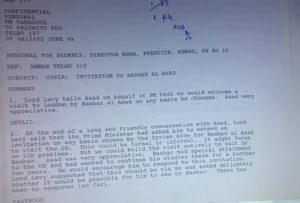
The Jordanian King also noted that Bashar “knew that Syria now had no choice but to openup to the outside world”.
During his inauguration speech, Bashar focused on the liberation of the Golan Heightsoccupied by Israel since the 1967 war. Despite the economic problems Syria has been facingfor a long time, Bashar told the King that he “had been struck by the fact that there had beengreater popular support for the reference to liberation of the Golan than to modernisation of the economy”. He also told Abdullah that Syria was ready for “renewed peace (sic) withIsraelis on the basis of the 1967 line”. However, Bashar was “sceptical” whether the United States and Israel had either the time or the energy to devote to the Syrian track in thecircumstances that time.
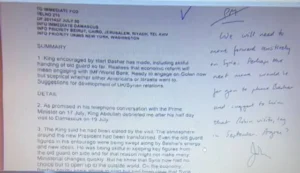
The British-Syrian relations were discussed during the Abdullah and Bashar meeting wherethe first “encouraged” his host to develop those relations. Bashar had told his guest he was“entirely open to this” and he had “great respect” for the UK.
In October 2001, Blair became the first British Prime Minister to visit Syria. Fourteen monthslater, Bashar Assad was invited to the UK, the first official visit by a Syrian leader.
Other documents reveal that Blair’s government placed high hopes on a new generation of young Arab leaders, including Bashar, to promote reform and democracy in the region, a decade before the Arab Spring revolutions.
The document referred to a group called by Sheikh Hamad Bin Isa Al Khalifa, the Emir, andnow King, of Bahrain, the Arab “Young Rulers Club”.
Source: middleeastmonitor.com

